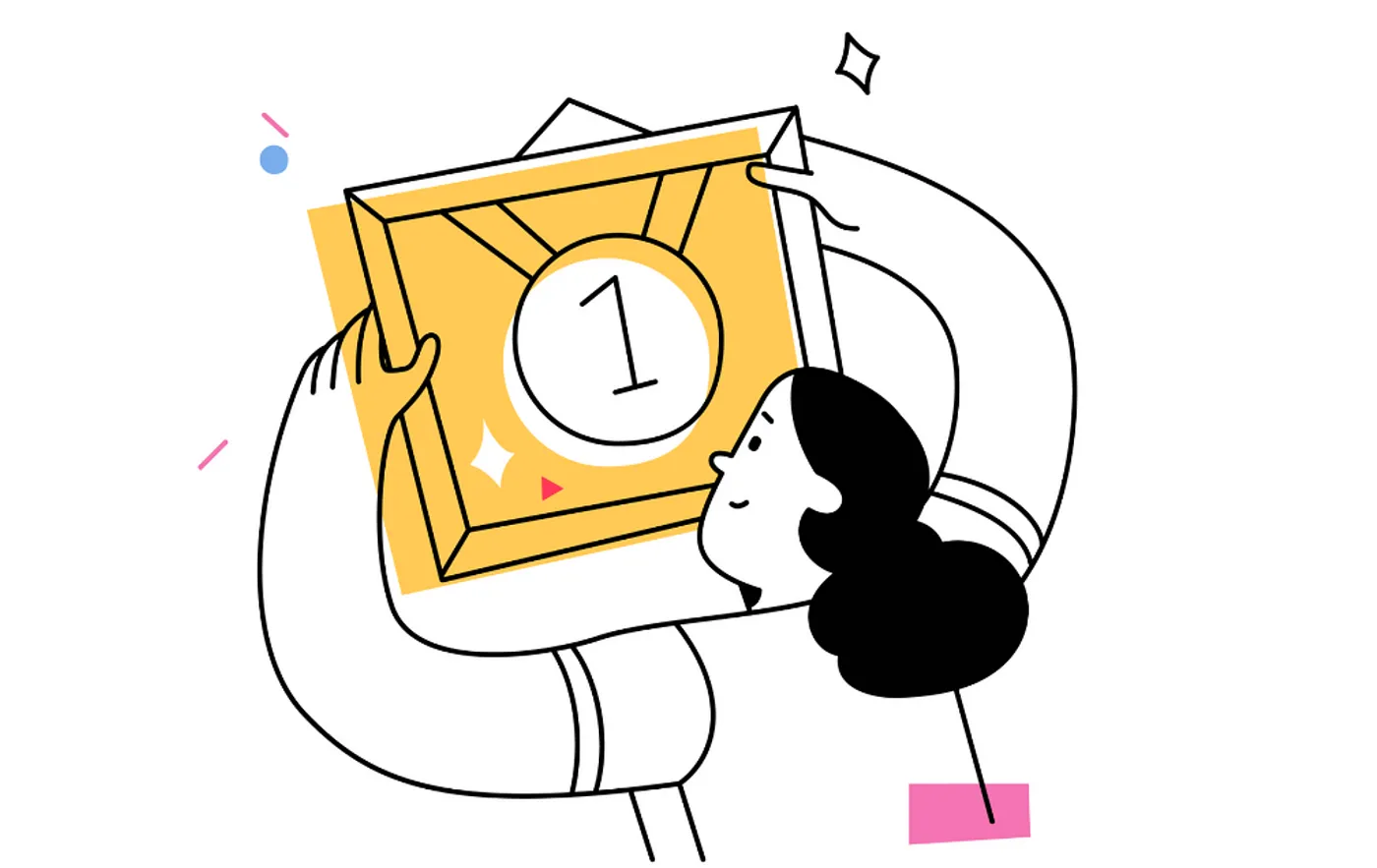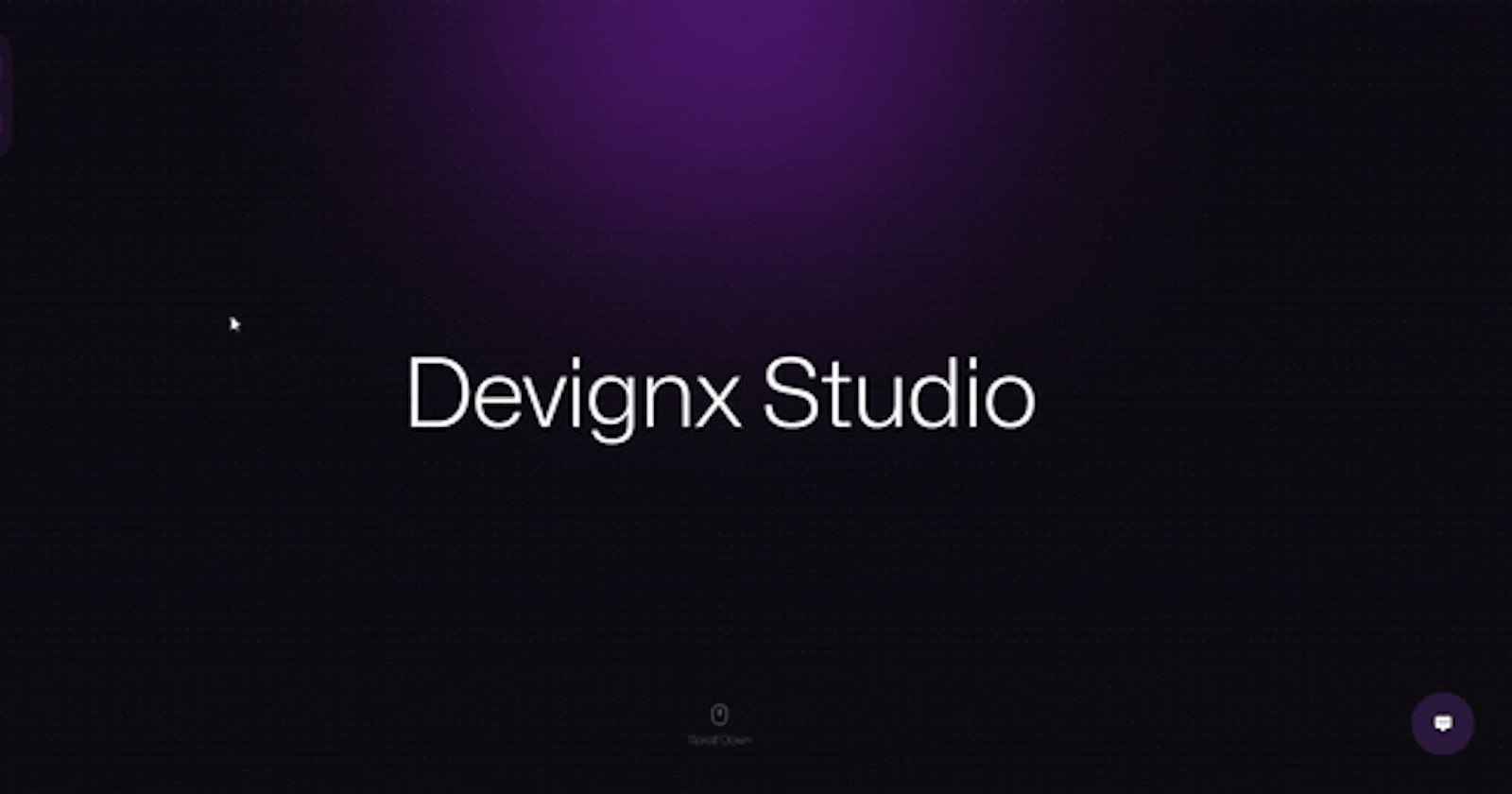Figmas Future & 1000 other tools – Week in Product #00
Figma’s future, the Lean Startup 10+ years on, better AI collaboration and 1000 other tools. It was a good week in product.
Table of contents:
- Reviews \& Favourites
- Collaboration
- Accessibility \& Inclusive Design
- Products, Tools \& Resources
- Support the newsletter
Reviews & Favourites
Summaries and descriptions of some of the best content I’ve encountered this week.
Figma & Adobe tease
- Essential viewing score: 5
When news broke about the acquisition of Figma by Adobe, a lot of designers were sceptical. But their promotional video outlining the possible future has got the design world pretty excited this week
These updates could bring design departments closer together, enable better collaboration & ideation and give power to people without design skills through AI. I won’t say any more, but if you are at all working in product, you will want to see this.
Lean start-up 10+ years on
- Free podcast 👍
- Essential listening score: 5
Incredible insights and wisdom from the creator of ‘The Lean Startup’, and so many other common product practices. A/B testing is his term. I had no idea.
They discuss when to invest in the craft and design. Misconceptions about the Lean Startup methodology. That MVP isn’t a prescriptive technique. It’s simply the most efficient way to validate a hypothesis, whatever that looks like for your organisation.
Write out the list of features required in your MVP, cut it in half, and cut it in half again and build that
The Long-Term Stock Exchange, Ries’ recent work, is his attempt to help organisations change the world - for the better. Organisations are alive and promising to do good is not enough to prevent that organism from doing bad.
Ries is helping organisations embody the promise in the structure of the organisation. Engineering these beings to create the outcomes we want. This is an essential listen, it’s time-stamped on YouTube, so if you’re tight on time, click ‘Watch on YouTube’ below.
Get better responses from ChatGPT with example-based thinking
- Paid post ✋
- Essential reading score: 4
Everyone’s looking for ways to work with AI and exploring how it can make their work lives easier. The quality of the result usually relates to the quality of the prompt. This article does a great job of teaching how to leverage example-based prompts to get great results.
Examples must be specific. Identify the aspects of an example that will give the result you’re looking for. Think atomic, a design system pattern “Atomic Design” by Brad Frost. What are the component parts that make the whole of what you are referencing?
Not “We should design our search page like Google”
What is it about a Google search page that relates to what you’re working on…
The article references Jeff Su’s prompt model. It consists of six elements, in order of descending importance:
- Task
- Context
- Exemplar - example
- Persona
- Format
- Tone
The use cases for this technology are in their infancy. I have used it to create strategies for teams, assigning tasks, times and impact scores to specific roles in an organisation, laid out in a table. Design documentation, summarising research papers and user research. And creating illustrations for this blog.
This article and the video above have armed you with an improved method for achieving better AI-generated results.
The ROI of investing in a Design System: A gateway to consistency, efficiency, and cost-savings
– Matthaios Mantziosfor UX Planet
- Paid post ✋
- Essential reading score: 3
Though the article never really touches on the ROI of investing in a Design System - that’s relative to the organisation - it does make a case for people trying to launch one internally.
The upfront costs of a design system are intimidating. Financially and time invested to get a streamlined workflow for design and dev. However, Mantzios references an Airbnb study that claims implementing a design system increased the speed of design, development and testing by 60%!
The long-term cost efficiency of a design system in the speed increase alone is worth the upfront cost. A Design System reduces inconsistencies, leading to fewer iterations. Facilitates a superior consistent UX that can be a differentiator when customers expect the best. They also lead to fewer bugs and faster market launches. There’s a reason they are talked about everywhere.
Design Systems can fail though if done without full support. The benefit needs to be communicated and believed by everyone. It’s an iterative process, that takes time and needs to be monitored and measured against company metrics. With thorough research and backing from stakeholders, design and dev, a Design System can be a change maker.
The design manager’s toolkit
– Jared Zimmermanfor UX Collective
- Free post 👍
- Essential reading score: 4

Great article for new design managers or people managing designers. Full of references & further reading for each point so though it’s a quick read, there’s lots more to get your teeth into.
A framework for motivating team members breaks designers’ motivation into three categories:
- Money
- Power
- Influence
It doesn’t matter what the motivation is, identify the motivating factor in your team members and incentivise them in that way.
Manage people not teams, and maintain manageable group sizes, pizza size, whether in person or distributed. Streamline approval processes, simplify steps, and speed up feedback loops but maintain quality. Strike the balance between enabling inspiration and fostering a reassuring environment that delivers.
Collaboration
Meeting Ritual toolkit This Meeting Ritual toolkit is inspired by Shishir Mehrotra’s exhaustive collection of workplace rituals, which he’s culled from years of interviewing industry leaders.
5 Design Frameworks For Running Killer Product Ideation Workshops Creativity thrives on constraints! These frameworks engage cross-functional teams and ignite innovation.
Create growth experiments to persuade teams to invest in user-requested featuresI learned to appreciate Growth Experiments when I convinced my team to finally build a new feature users constantly requested…

Accessibility & Inclusive Design
Hey Siri: call an ambulance How health-centred design can save lives across the world.
10 Accessibility Tools for UX Designers: Crafting Inclusive Digital Experiences It is crucial that these digital experiences are accessible to all users, including those with disabilities.
Products, Tools & Resources
1000 Tools An exclusive list of the 1000 best tools. Carefully vetted and maintained by humans.
WorkOS WorkOS is a set of building blocks for quickly adding enterprise features to your app. You’ll be shipping quickly with a market-proven solution for your customers.
17 Best Product Design Books to Make You a Finer Designer A list that is essential for both beginners and veterans. These must-reads encompass a spectrum—from the philosophies of design thinking to the aesthetics of graphic design.

Creating a hover-triggered text weight animation in Next Js / React - with source code
Support the newsletter
This is an experimental idea, quick reviews, references and links for people in product. If you find it valuable you can show support in a few different ways:
Clap for each thing you found useful and give me a follow, if you’re on Medium
Share this with a friend or on social and ask them to sign up for the newsletter
I’m on a mission to make products for every brain, if you’d like to join my neurodiverse user testing group, click here.
Thanks for reading ✌️